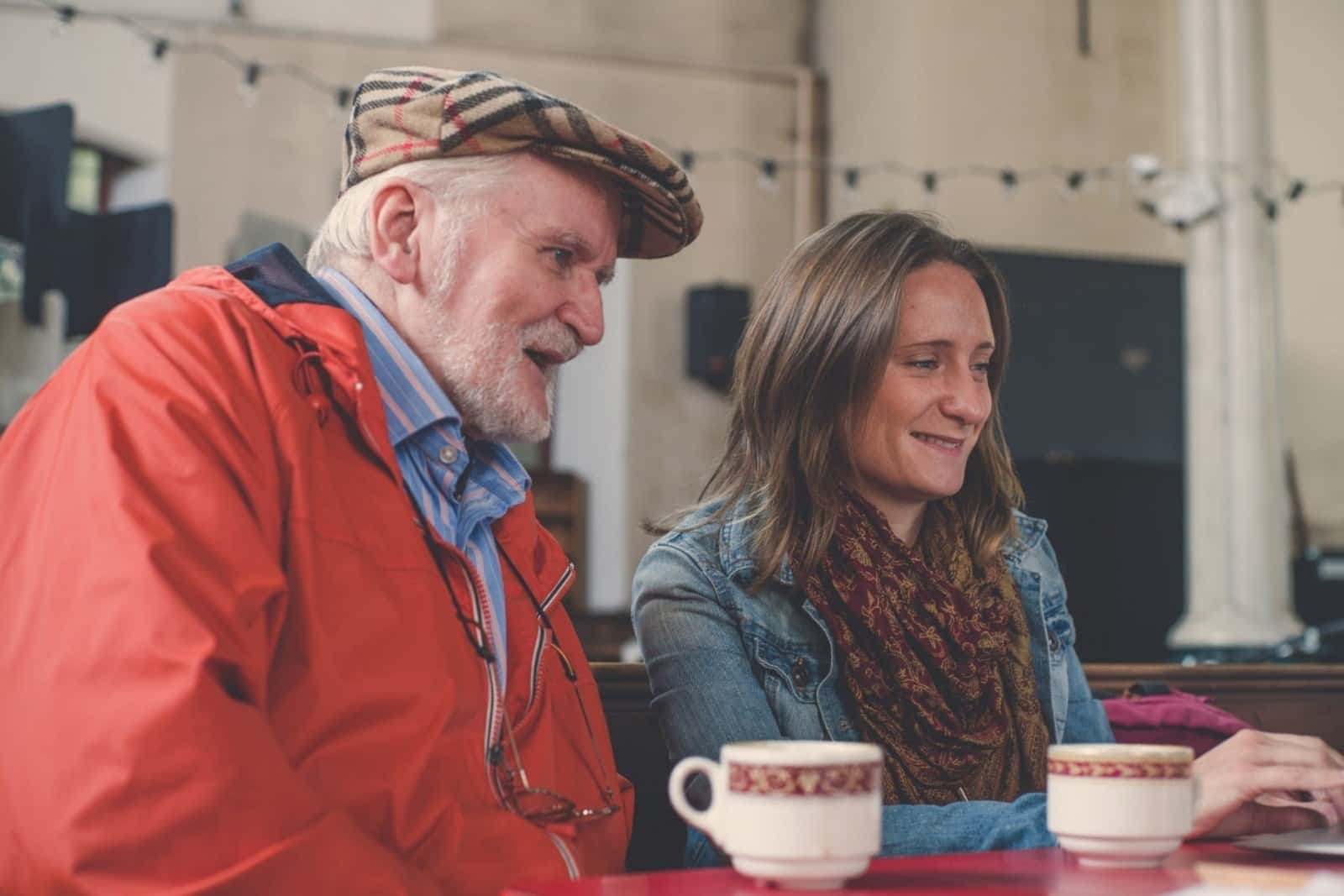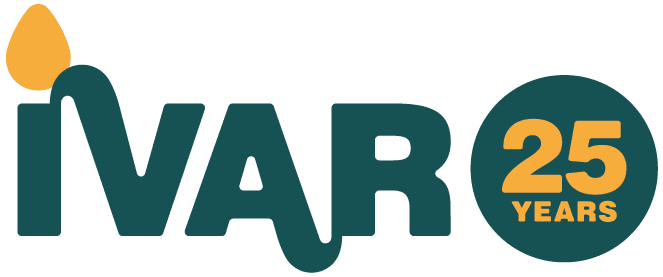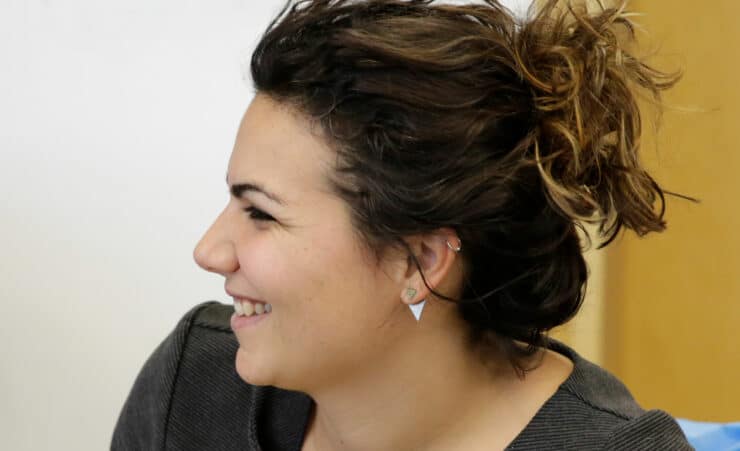
Learning and evaluation
The question is “what can we do better?”, not “what is the right answer?”
Learning is not an add on, it’s integral and essential.
To be the best they can be, and make the best use of their precious assets, foundations need to be thoughtful and reflective. Which is why learning – and being a ‘learning organisation’ – is critical: balancing data with intuition; combining evidence with instinct.
At IVAR, we champion learning as a driving force for foundation strategy and practice through the UK Evaluation Roundtable. We believe that making good grants and investing in learning are not alternatives – they go hand in hand.
By ‘learning’, we mean ‘not monitoring, not impact assessment, not log frames, not descriptive reports, but proper focused consideration of truly mission-critical questions – about both strategy and practice – which lead to action’.
Spaces and resources for learning with IVAR
1. Evaluation Roundtable Community of Practice
We facilitate sessions for foundation staff responsible for evaluation and learning to share and learn from each other’s experiences, and resolve practical challenges and dilemmas.
2. Evaluation Roundtable learning materials
We publish briefings, blogs, teaching cases and other materials to support the adoption and enhancement of learning.
3. Learning with individual foundations
We carry out and publish reviews to support the development of strategic learning and learning governance.
1. Evaluation Roundtable Community of Practice
Find out more
If you are interested in attending our Roundtable events or want to find out more, please contact Houda Davis at: houda@ivar.org.uk. Attendance is by invitation only, but we encourage you to get in touch.
2. Evaluation Roundtable learning materials
3. Learning with individual foundations
Carnegie UK Trust: Giving learning a seat at the Board table
Carnegie UK Trust: Giving learning a seat at the Board table
As Carnegie UK embarks on its new Strategy, the Board of Trustees was keen to consider where and how learning fits into governance, and to develop and define its own appetite and curiosity for learning. We were delighted to be invited by Chair Sir John Elvidge and CEO Sarah Davidson to help the Board develop its thinking in these areas.
The end product of our process – delivered through interviews, workshops and much toing and froing – is a Learning Statement, setting out Carnegie UK’s commitments around culture, questions, and practices. Three things stand out.
First, an articulation of the meaning of learning. This felt especially important given the tendency of foundation boards to default to a focus on narrow, quantifiable matters, and steer away from more open-ended, reflective conversations.
We want our learning to be active and forward-looking, changing what we think and how we behave in pursuit of our strategic aims. With a strong focus on ‘so what?’ and ‘what next?’, the measure of our success as a learning organisation will be the impact of our learning on how the Trust deploys the various tools and approaches at our disposal to help achieve the change we want to see.
Second, embracing the concept of ‘strategic learning’. This refers specifically to the learning process as it relates to the development and oversight of strategy, where a board and senior team review progress against aims, consider what has gone well and less well, and make adjustments to the delivery of the strategy in the light of this intelligence. For trustees, the concept helped to reconcile concerns about a possible tension between ‘formal governance’ and ‘learning’ and to, shift some of the Board’s attention away from scrutiny and oversight towards curiosity and adaptation.
Third, recognition that how you do it matters. For this transition to work, trustees will need to model different and consistent practices and behaviours – in part to embrace the idea of more open-ended conversations and offset the risk of defaulting to more formal and rigid conversations and interactions. It will call for kindness and patience as people adjust. That will need to extend to rewards and incentives which are often linked to things like KPIs and metrics, rather than, say, curiosity and experimentation. Distinguishing between ‘the accountability space’ and the ‘learning space’ will also be important.
Comic Relief: Driving continuous learning as a grantmaker
Comic Relief: Driving continuous learning as a grantmaker
A shift is taking place in the UK funding world. Learning is emerging as a key element of contemporary grant-making. Driven by a greater willingness among funders to question their own approach, challenge their biases and reflect on the counterfactual and a recognition of the need to embrace ongoing adaptation.
In 2019, we were commissioned by Comic Relief to review a range of evidence – and engage with other funders and infrastructure organisations – to explore two main questions:
- What and how do other funders learn from their work, and how do they use this learning to improve?
- How do funders encourage and support a focus on ongoing learning in their relationships with grantees?
The review focused on the topics of monitoring, evaluation and learning (MEL) in the context of philanthropy, as well as the idea of adaptive management. It provides a range of valuable insights, practices, challenges and ways of thinking for funders.
For Comic Relief, it ‘highlighted the emergent nature of much of this work in the sector: ‘learning’ has now become an almost ubiquitous word thrown about by many funders and charities and, as a result, has become increasingly vague in terms of what it actually means – for a funder, for those they fund and, crucially, the relationship between the two. This highlights the importance of focus and clarity in organisational learning ambitions for a funder.
If we are serious about supporting learning (as opposed to proving effectiveness in ‘our’ funded project), we need to think beyond indicators and outcomes and data collection methods. Indeed, such a focus may simply atomise or destroy any coherence of learning across that organisation’s work as it struggles to juggle pockets of very different monitoring and evaluation practice. We instead need to consider those organisational cultures, capacities and processes that enable an organisation to value and use learning. Without those, a funder’s focus on ‘learning’ will simply put it alongside other things that organisations have to do to keep the funder happy.
Better articulating the learning priorities that match your focus as a funder would help resolve a lot of the cross-purpose discussions about learning. But all of this takes time. To do this right, and get to where we want to be, we are going to have to be patient, strategic and collaborative’.



